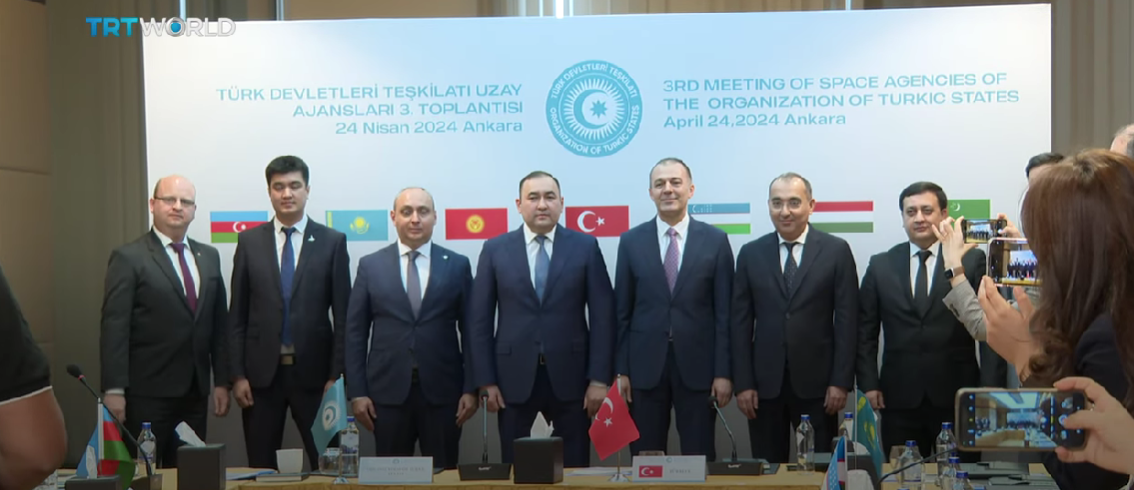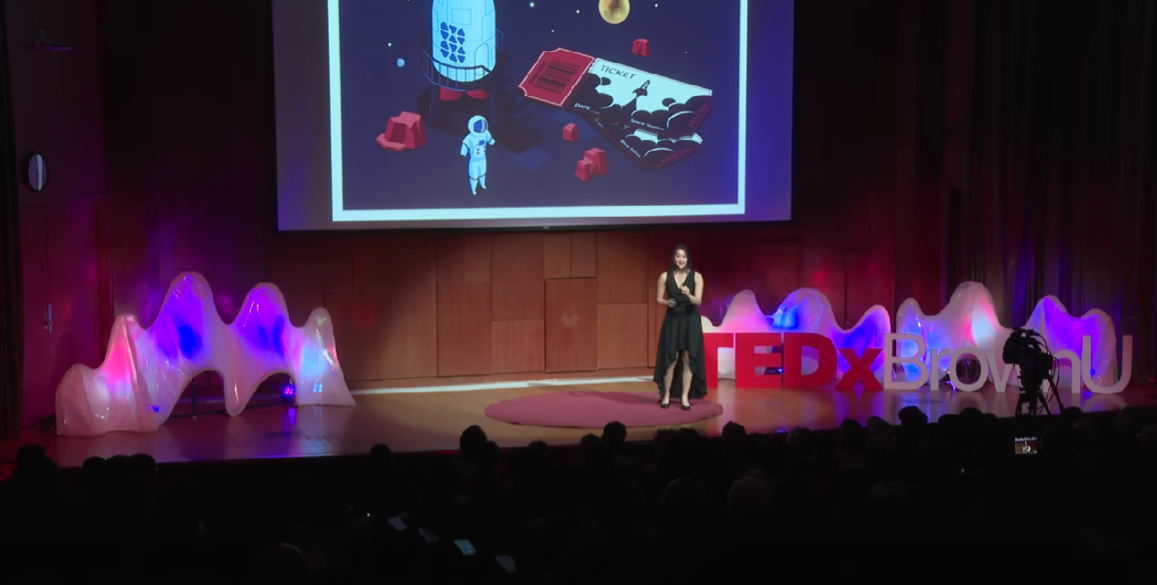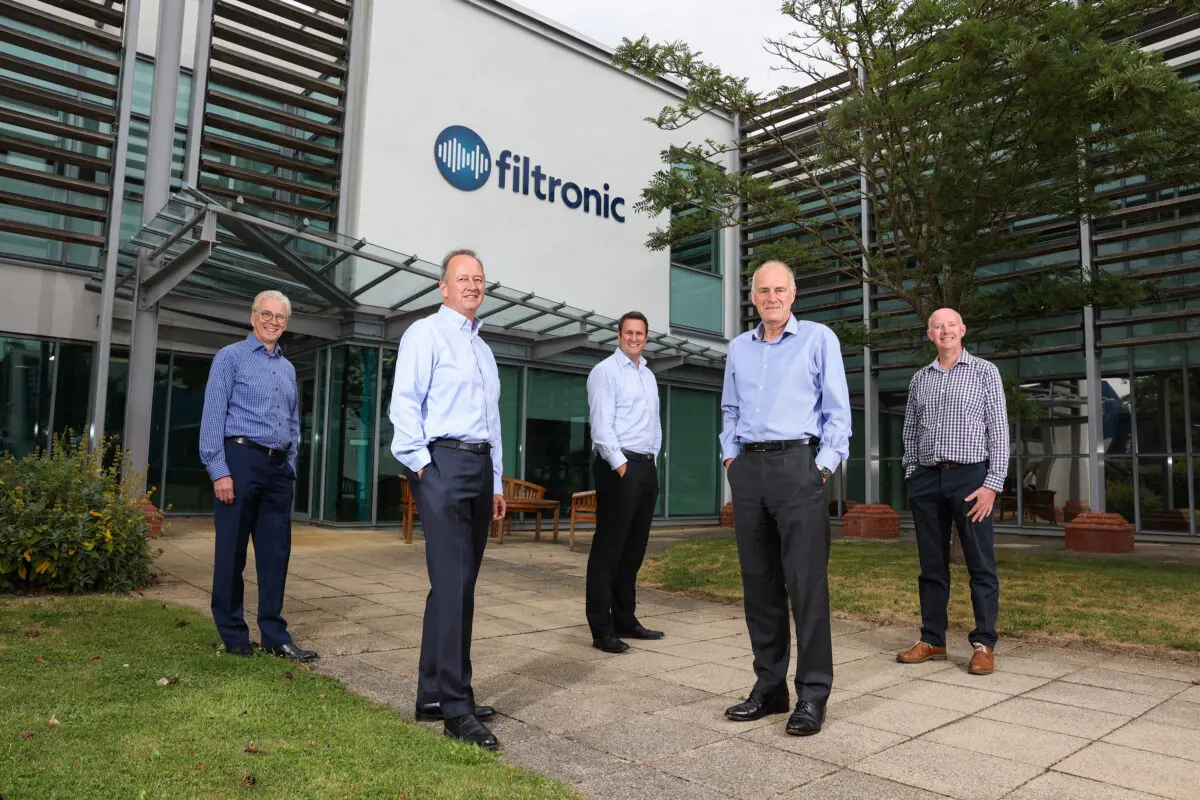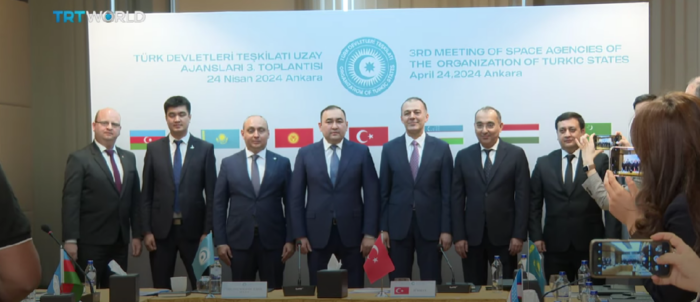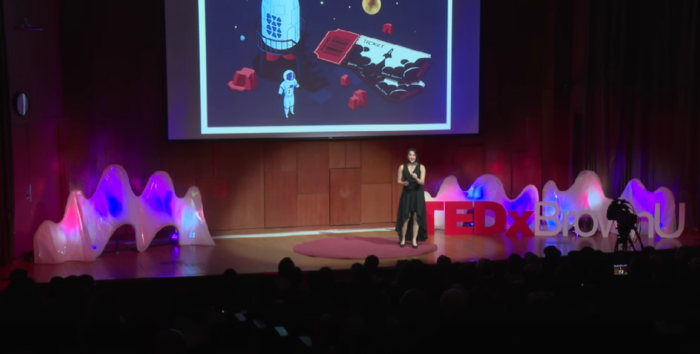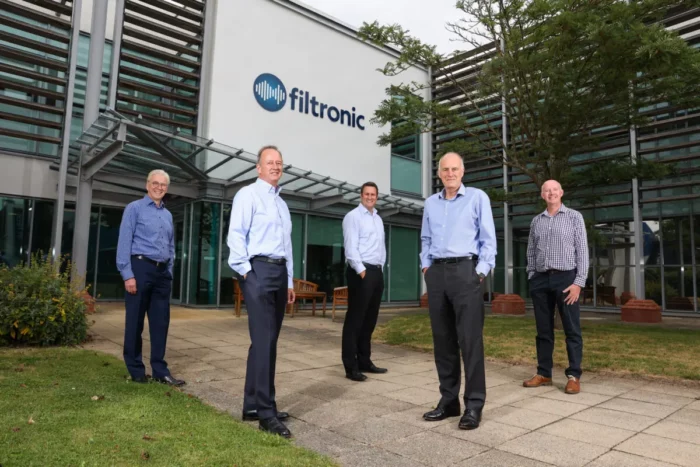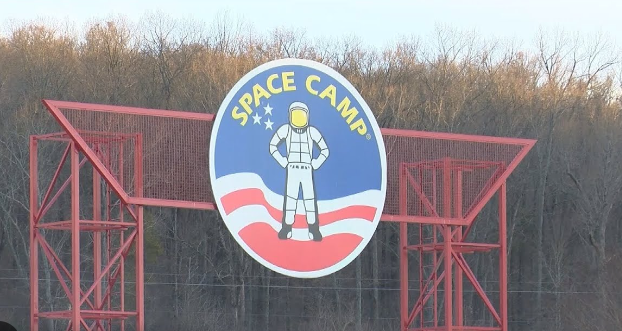Renowned Swiss astrophysicist, Dr. Thomas Zurbuchen, has spent a remarkable career exploring the intricacies of space technology. Born in a closed religious community that he likens to the Amish, Zurbuchen’s journey into the cosmos began by peering up at the night sky and being intrigued by its beauty. He tackled his curiosity by studying physics and astrophysics, developing skills which would lay the foundation of his further career. We spoke to Zurbuchen at the Economist Impact’s Space Economy Summit.
“I studied physics, frankly, because I didn’t know what else to do. I ended up in space almost randomly; it’s by opportunity and through hard work,” Zurbuchen explains.
After earning his PhD in Switzerland and moving to the U.S., Zurbuchen built a reputation in building innovative space instruments. His ability to communicate effectively with technicians—proficiency he believes many astrophysicists lack—led to his post-doctoral academic work, leading entrepreneurial programs at the University of Michigan, and his subsequent career at NASA, where he was the longest continually serving head of science (2016-2022).
Now a part-time professor in Europe (ETH Zürich), Zurbuchen shares his experience and knowledge through talks, and consults for companies across Europe and the U.S., typically helping them navigate governmental interactions.
He is particularly excited about the intersection of quantum technology and space. This includes quantum sensing which promises to revolutionize data gathering, whilst post quantum encryption is critically important for defense and potentially also commercial applications. Quantum sensors make Zurbuchen particularly optimistic about the future. In this new frontier for space technology, quantum sensors offer an innovative way for Earth observation, gravitational wave detection, and the measurement of electromagnetic fields, promising revolutionary impacts which are currently still in the R&D phase.
“Quantum technology in space at this moment in time is basically two things. The first one is quantum technology experiments on the space station, for example the Cold Atom Lab, and the second one is quantum sensors. The latter could be used for example to measure water below the surface of the Earth, or the mass distribution of a planetary body, with a single spacecraft,” explains Zurbuchen.
The professor reiterates that although a number of quantum applications are already clear, the vast majority of applications are not.
“It could be that quantum computing aids our understanding of complex chemistry, advancing our understanding of advanced materials and the process by which life arises. We’re just cracking the door open.
“One of the key challenges we face is that the cycle of experiment iteration is too slow at the moment. It can take four to five years to train and astronaut and get a complex experiment launched in space, which is too long. Every good experimental idea matters and so the question is, how quickly can you figure out whether something works,” adds Zurbuchen.
According to the professor, improved accessibility, paired with a more grounded understanding of key experiments to be performed in space, would help to overcome current challenges.
While excitement is bubbling around quantum technology’s potential, Zurbuchen cautions against unbridled enthusiasm. He states, “Nobody really knows what the important applications will be. I’d say currently the field is big enough and flat – everyone has a chance to make an impact.”
The biggest applications for quantum technology are defense- and security related (Quantum Key Distribution, or QKD) as they make communication methods more secure. As QKD technology can be integrated with optical communications terminals, it will aid the secure transmission of data between satellites as well as satellites and Earth. Space is an ideal environment for quantum systems as cold temperatures contribute to the mitigation of qubit decoherence, eliminating quantum noise.
He firmly believes that an opportunity this expansive is best approached from a position of hope rather than fear, and stresses the futility of trying to pinpoint exactly where the technology will lead next.
“Whenever you crack open this door to new technology, there’s always things that you need to think about. There’s risk, of course, as quantum is a new toolset in the toolbox of things we can use. But equally there are hopes, and good people choose hope,” he states.
The astrophysicist is convinced that quantum technology will make the space economy richer as it creates new applications and new interactions with domains that are currently not there, with the potential of revolutionizing some subsystems, such as communications.
Zurbuchen firmly believes good ideas and lots of hard work can lead to great opportunities – and his journey from a boy stargazing in Switzerland to a leading innovator in the space industry is testament to this.
Featured image: Dr. Thomas Zurbuchen. Credit: Dr. Thomas Zurbuchen
Share this article:

